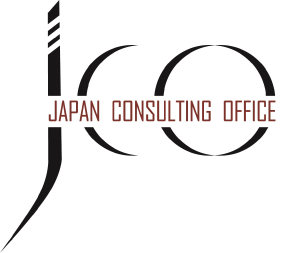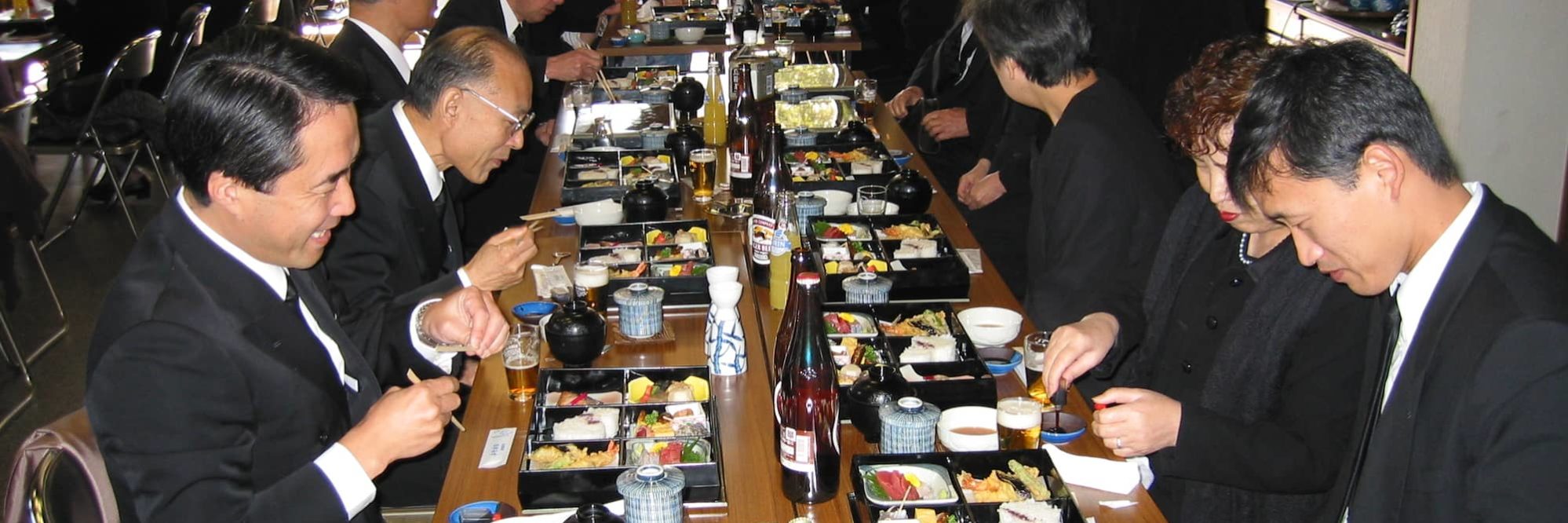Japanese participants in JCO seminars very often give following complaint: “Staff in Europe/the US seldom apologize but are always looking for excuses instead.”
Let’s take a closer look at the cultural background of this rather unflattering perception of Western staff and colleagues. As Japan is very densely populated it is a necessity to defuse potential points of contention in advance in order to avoid dissent and strife. For this reason, there are countless Japanese phrases to give an apology that is abundantly used every day. These kinds of apologies are not thought of as an admission of one’s own mistakes but rather as a “social lubricant” (‘junkatsu-yu‘) to alleviate any unnecessary friction.
If something goes wrong in Japan everyone involved has to express their regret about the state of affairs right at the start of the conversation. This is done regardless of whose fault it originally was. The main aim of this strategy is to improve the atmosphere during such undesirable situations. Hence an apology does not put you at risk of taking the blame unintentionally. On the other hand, refusing to offer one can have very negative consequences for a long time. Even if you are just trying to be careful – which in a Western environment makes total sense – you will most likely be perceived as somebody who is not interested in a lasting relationship where business partners/colleagues/friends do their best to take care of each other. In short, it’s not about responsibility but simply about acknowledging the emotional state of the people you are dealing with.
Analyzing the way Japanese react to a problem in a business context we can see that the one in charge (subordinate/supplier/service provider etc.) will as a first step apologize before trying to show a potential solution/work-around for the issue at hand. A detailed explanation of whose fault it originally was will only be discussed at a later stage.
On the other hand, if we for example give European employees 3 options to choose from, what usually would be the first step in their culture after a problem occurs?
A. Search for a solution,
B. Give an apology or
C. Find out whose fault it was in the first place
They will almost invariably go for option 3.
Following the European way in this scenario (which may be quite similar to other Western nations) it makes perfect sense to give all kinds of reasons right at the start why it is not one’s own fault that something went wrong.
From a Japanese point of view, however, this means taking the last step first (“not my fault because…”) and you will most certainly be perceived as somebody just looking for excuses who is also not taking the situation seriously enough.
It really helps to put yourself in the shoes of your Japanese customers or manager to remember the following tips.
- It is better to give too many apologies rather than even one too few.
Remember you are not taking any real responsibility here but are simply defusing the situation by saying “I too want to help solve the issue”. - Do your best to help come up with a quick solution/work-around as the next step and leave any discussion on who was originally responsible for the problem for later!
- If it actually was your fault, apologize and then state what adjustments to your process you have made to avoid the same mistake in the future.







